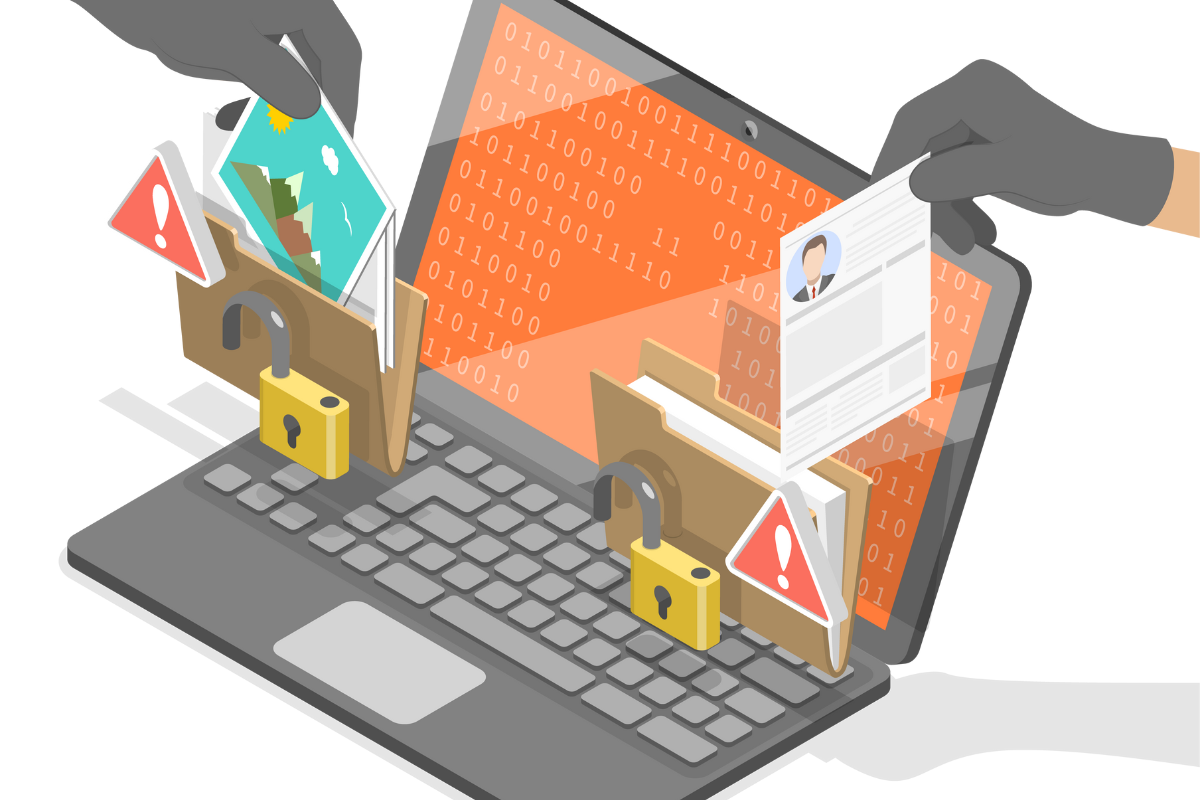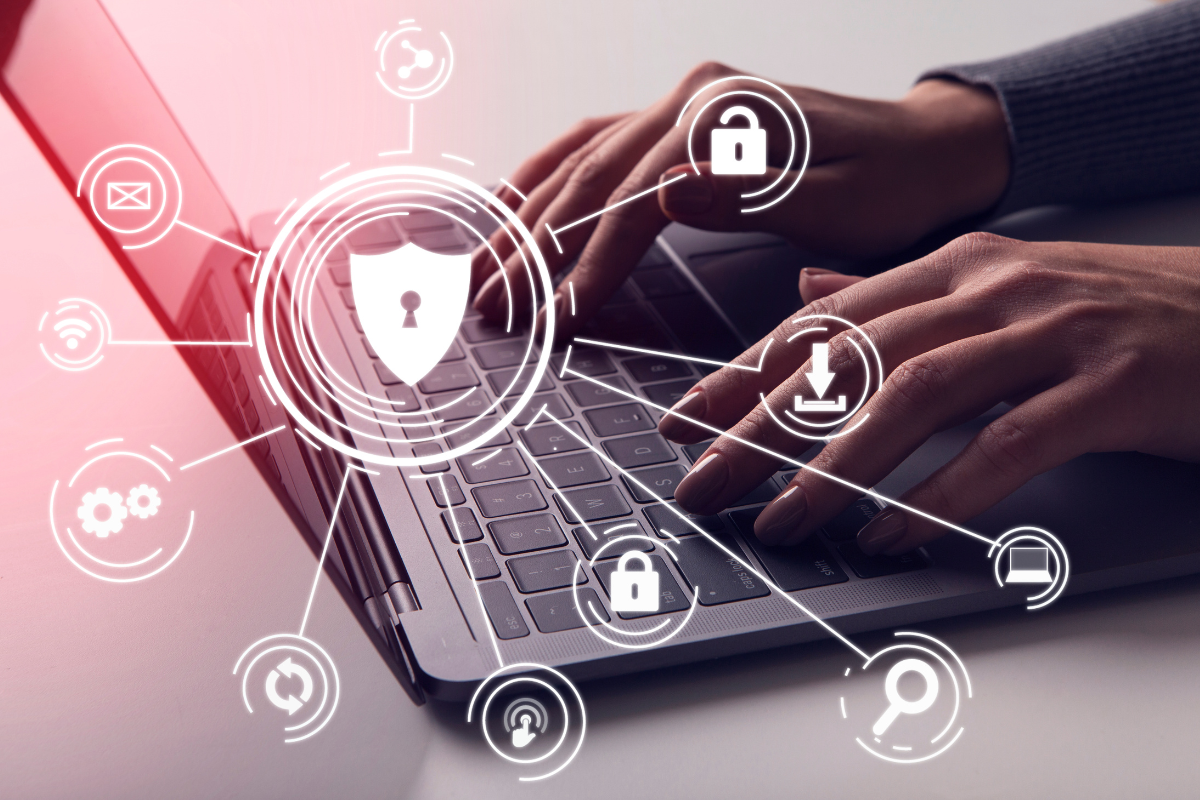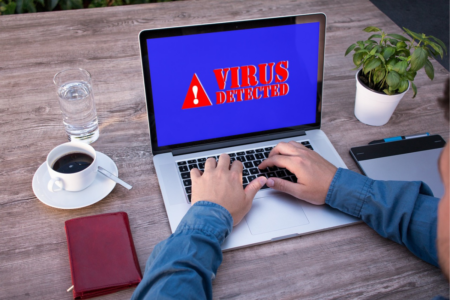Nowadays, your email address, passwords, and credit card details are becoming increasingly vulnerable to sensitive data leaks and breaches.
In 2022, the global average data breach cost was $4.35 million. Alarming, right?
But how do you even discover that your sensitive information has been compromised and is floating around on the internet?
Check out these steps to confirm your data is secure.
1. Check For Data Breach Notifications
Before you send all those advertisement emails to the trash, be sure none of them are to inform you of potential data breaches.
Many reputable websites and online services will send alerts to users whose accounts may have been compromised.
These notifications often contain details about the data leaked and when the breach occurred.
Checking your email is one of the quickest ways to find out if your data has been exposed, but also the most commonly overlooked.
So, make it a regular habit to look through emails that you’d normally just delete.

2. Utilize Online Data Breach Search Tools
Online data breach search tools compare the data you give them with a database of known data breaches. You can enter your email, and the search tool will look for exact matches or variations.
If a match is found, you’ll be notified of the breach. Usually, these tools will even provide details about when it occurred and what information was compromised.
Have I Been Pwned and CyberNews are two common data breach search tools.
Both options request that you enter your email address and, in return, will let you know if it has appeared in any known data breaches.
Not only providing information on what data was compromised and when but also offering helpful tips on online privacy and security measures.
Just be sure to use a reputable search tool that:
- Prioritizes user privacy.
- Does not store the information you provide.
- Regularly updates on the data breaches.
- Offers additional features like monitoring for future breaches.
3. Use Identity Monitoring Services
In the first quarter of 2023, more than six million data records were exposed worldwide through data breaches.
Identity monitoring services are designed to constantly scan the web for your personal information and help recover your data if it is online without your permission.
Look for services that offer real-time alerts, notifying you of any suspicious activity related to your data as soon as it is discovered.
4. Search For Yourself Online
A quick tip: perform a quick Google search of your name and any variations of your email addresses or usernames you commonly use.
Cybercriminals often post leaked data on forums or websites, so searching your details might reveal if your information is out there for the world to see. Here’s how:
- Run your name and email addresses in a search engine.
- Check the results for any suspicious listings or mentions of your information.
- Consider using quotation marks around your name for more precise results.
- Repeat this search periodically to stay on top of your online presence.

5. Review Your Accounts
Regularly checking your online accounts is essential. Social media, email, and financial platforms are good places to start.
Look for any unfamiliar activities or changes to your personal information, such as unauthorized password resets or account logins from unfamiliar locations.
It’s just as important to watch for any unexpected emails or messages requesting password changes or verification of personal details.
Receiving these unsolicited communications or seeing unrecognized devices linked to your accounts should sound off some alarms.
6. Change Your Passwords And Get A VPN
One-third of malware breaches are caused by password-dumper malware.
Changing your passwords regularly and using strong, unique passwords for each of your online accounts is crucial.
Consider using a reputable password manager to generate and store complex passwords in a safe place.
It’s a great idea to get a VPN and encrypt your internet connection, too. Especially if you use public Wi-Fi. These public networks are a playing ground for hackers.
A Chrome store VPN is an excellent option that will allow you to surf the web safely and keep your information protected from data leaks.
Navigating the digital realm can feel like a thrilling roller coaster ride, and just like any adventure, it’s best to be prepared!
Staying informed and vigilant is critical to protecting your sensitive information in the digital world.
By embracing the steps we’ve shared, you’re not just protecting your data; you’re taking charge of your online journey.
So, gear up, stay alert, and let’s make the internet a safer playground for all of us!







